Ever wonder what’s going on inside the eggs as you wait the LONG 21 days until hatch day? Well, put away your LED flashlight and get out of that dark closet, here’s an up-close and totally AMAZING look at chicken embryo development from day 1 to 21. For more information about embryo development and candling pictures, visit my blog post here.
*Photos by the Purdue Research Institute.
Order your copy of my bestselling book,
The Chicken Chick’s Guide to Backyard Chickens!
Available now on Amazon!
Kathy Shea Mormino
Affectionately known internationally as The Chicken Chick®, Kathy Shea Mormino shares a fun-loving, informative style to raising backyard chickens. …Read on


shop my SPONSORS
Ever wonder what’s going on inside the eggs as you wait the LONG 21 days until hatch day? Well, put away your LED flashlight and get out of that dark closet, here’s an up-close and totally AMAZING look at chicken embryo development from day 1 to 21. For more information about embryo development and candling pictures, visit my blog post here.
*Photos by the Purdue Research Institute.
Order your copy of my bestselling book,
The Chicken Chick’s Guide to Backyard Chickens!
Available now on Amazon!



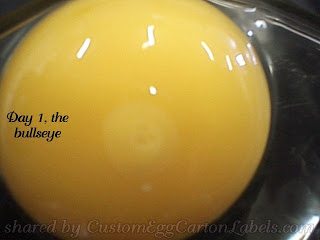
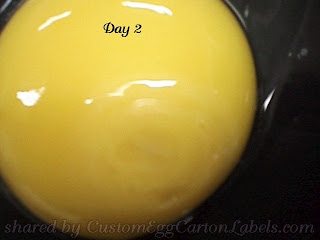
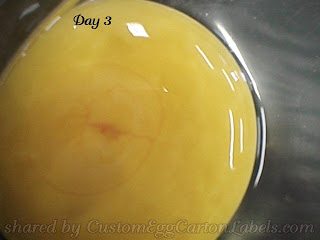
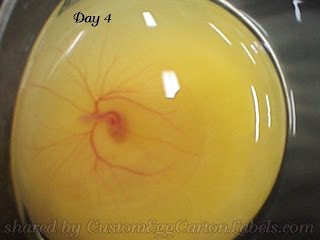
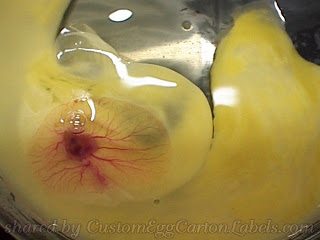
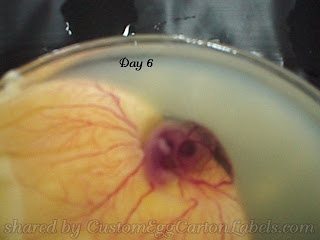
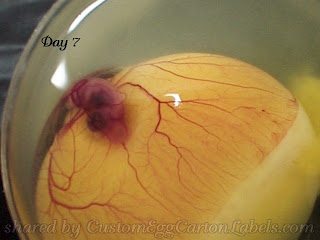
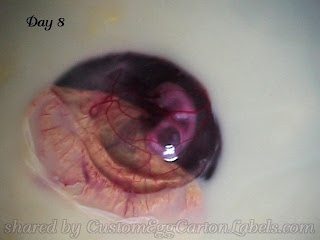
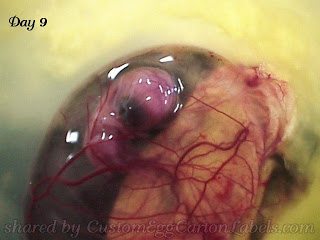
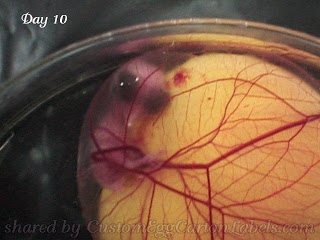
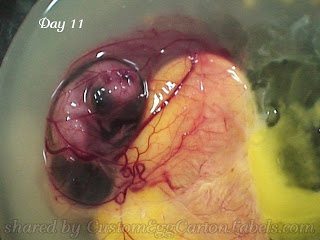
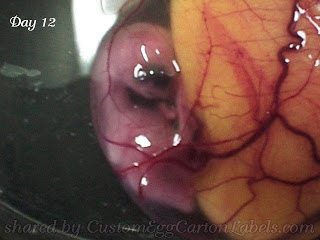
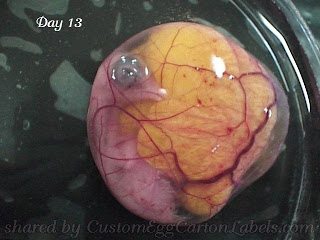
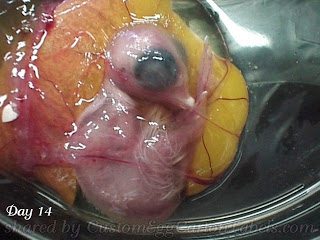
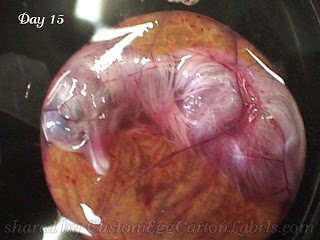
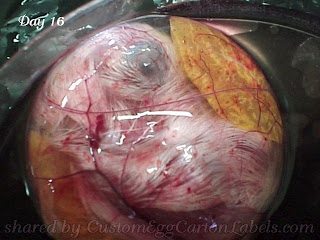
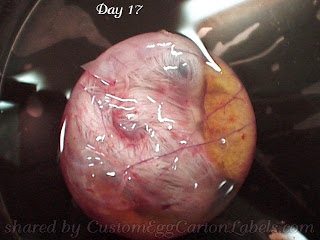
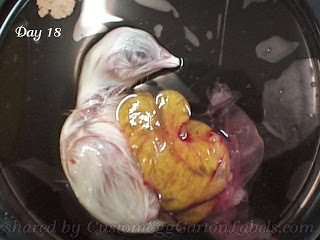
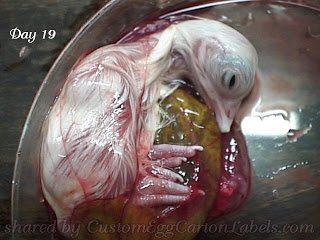
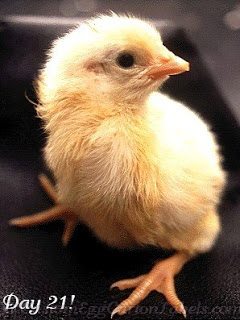
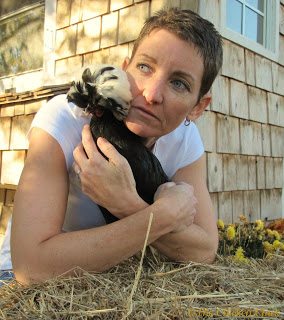























day 21 was cute
I would like to try this myself. At what point do you remove the plastic wrap since the chick does not have to pip and "Hatch" itself?
This study was done at a University, it is not an experiment I would do myself.
Last night I found myself reading an article on how to incubate and hatch chicken eggs in the open so they could be viewed (much like what your showing here). I started out 2 eggs about 24 hours ago, and they are matching the photos you have posted. The only difference is, I am not cracking eggs each day just to take some photos. If you read over the website I provided, you will see that you can hatch your eggs within plastic wrap, and watch them develop. As ozarkhomesteader pointed out, everyone wasting eggs to get pictures would be… Read more »
I am sorry, the link that I added earlier is incorrect, and shows information about the incubation process. The correct link that I was wanting to provide, so that you can watch the chick grow outside the shell, was http://sp.uconn.edu/~mdarre/4-hpoultry/invitro_inset.html
UCONN is my alma mater. Michael Darre is a very well-known and respected authority.
BTW: I didn't take these photos, they are from the Purdue Research Institute as noted above.
I had read that the images were from Purdue Research. I just wanted to let it be known (in case there were some others looking for this same type images) that they could do this same type incubation project at home, and see it first hand, and best of all do it using just 1 egg.
You're correct, as cited in my blog post above, these images are indeed from the Purdue Research Institute. Brinsea Products includes these photos with many of its incubators for classrooms.
The information you refer to for doing a similar project at home was written by Profession Michael Darre at the University of Connecticut, my alma mater. Here is the link to his article: http://sp.uconn.edu/~mdarre/4-hpoultry/invitro_inset.html
Thanks for this, I can look each day and say to myself, "that's what my chicks look like today!" :D
this is just awesome! i love these photos! they have helped so much with my curiosity that somes along with hatching eggs!